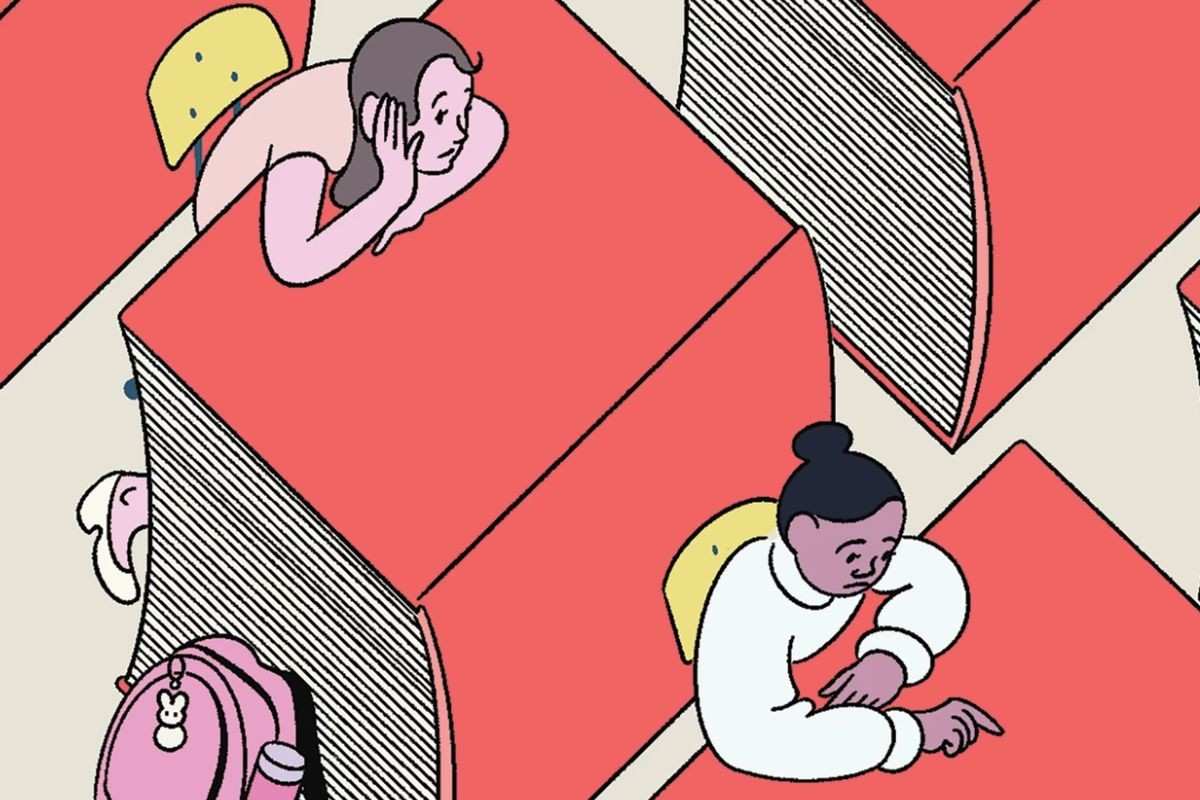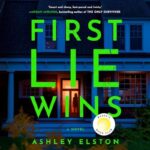These days the elite college students who can’t read troubling trend is rising. Once considered an essential ability, deep analyzing—attractive thoroughly with complete textual content—has become a project for college students at even the most prestigious institutions. Nicholas Dames, a Literature Humanities professor at Columbia University considering that 1998, has located this shift firsthand. His students, who as soon as eagerly tackled dense classics like Crime and Punishment and Pride and Prejudice, now war to complete assigned readings or keep up with the demands of literature publications.
This trouble displays broader adjustments in education and way of life, elevating urgent questions about how we put together students for intellectually demanding situations. The lack of ability to engage with books isn’t just much academics—it affects empathy, crucial questioning, and self-reflection.
A Generation Losing Touch with Reading
Dames recounts a pivotal moment during the fall 2022 semester when a first-year pupil admitted she had never been required to read a full ebook in excessive college. Instead, her public college education targeted excerpts, poetry, and articles. This revelation struck a nerve. For years, Dames and his colleagues observed their students struggling with college reading assignments however couldn’t fully explain why.
It’s no longer just Columbia. Professors at other elite universities record comparable reviews. Anthony Grafton at Princeton notes that incoming students often have narrower vocabularies and weaker comprehension competencies. Daniel Shore of Georgetown’s English department has seen students struggle to focus on even a 14-line sonnet, let alone an entire novel.
The difficulty isn’t that those students lack intelligence or effort. Instead, many of them simply don’t recognize a way to read deeply. High faculty curricula no longer emphasize lengthy-form texts, favoring quick passages that mimic standardized tests. Smartphones and social media exacerbate the problem, fostering distractions and shortening interest spans.
Why Students Aren’t Reading Books
Several elements explain the elite college students who can’t read books.
Excerpts Replace Full Texts
Modern excessive school schooling frequently prioritizes performance. Many teachers assign excerpts, summaries, and informational texts rather than complete books. This approach, advocated by tasks like No Child Left Behind and Common Core, changed into meant to enhance studying comprehension and argumentation talents. However, it sacrificed the potential to have interaction with lengthy-shape narratives.
Smartphone Distractions
Devices like smartphones and apps like TikTok and Instagram have redefined attention. Sustained focus—a requirement for reading books—has grown to be an increasing number of uncommon. Daniel Willingham, a UVA psychologist, explains that boredom now feels “unnatural,” and books can’t compete with the instant gratification of virtual media.
Career-Oriented Priorities
Today’s students are more concerned with job potential than intellectual exploration. Degrees in fields like business or computer science often seem more practical than reading literature. This focus shifts interest far away from books, which are often viewed as relics of a bygone era.
Declining Emphasis on the Humanities
As humanities enrollments decline, fewer college students experience the joy of exploring literature in depth. Even college students who take literature guides frequently read fewer books, as professors adapt to converting abilities by assigning shorter or fewer readings.
Grade Inflation and Workarounds
Grade inflation at elite faculties allows students to perform properly without finishing all assignments. Additionally, resources like summaries and study guides provide shortcuts that reduce the need for deep reading.
These elements tell the elite college students who can’t read books.
The Consequences of Reading Fewer Books
The incapability to examine deeply has full-size implications past the lecture room.
Reduced Critical Thinking
Books require sustained interest and evaluation. Skimming or analyzing excerpts prevents college students from grappling with complicated ideas, proscribing their capacity to suppose critically.
Weaker Writing Skills
Strong writing stems from sturdy studying. Students who don’t have to engage with books regularly war to put in writing essays that exhibit intensity and originality.
Diminished Empathy
Books transport readers into unique lives and eras, fostering empathy. Without deep reading, college students miss out on opportunities to increase their understanding of the world.
Lost Appreciation for Literature
Many college students now view books as outdated, akin to vinyl data. This mindset risks losing the cultural and highbrow advantages that literature affords.
How Professors Are Adapting
Faced with students who can’t or won’t read books, many professors have adjusted their expectations.
Victoria Kahn at UC Berkeley has decreased her weekly analyzing assignments from 200 pages to less than half. Instead of assigning the complete Iliad, she selects precise sections. Andrew Delbanco at Columbia now teaches short American prose works like Billy Budd instead of longer texts like Moby-Dick.
These modifications allow for deeper exploration of shorter texts but come at a cost. Students miss out on the immersive revel of reading a full novel. Joseph Howley, chair of Columbia’s Literature Humanities program, acknowledges this exchange-off however hopes the reduced workload will permit professors to teach students how to read deeply.
Can We Reverse the Decline in Reading?
Addressing this crisis calls for efforts at each level of schooling.
Reintroduce Full Texts in Schools
High colleges should prioritize analyzing entire books rather than excerpts. Classics like Great Expectations and The Odyssey can educate college students on perseverance and essential questioning.
Encourage Reading for Pleasure
Students need to see reading as enjoyable, not just academic. Schools and parents can promote this by exposing students to diverse genres and authors.
Use Technology Wisely
While smartphones often distract students, they can also facilitate reading. E-books, audiobooks, and digital libraries can make literature more accessible.
Support Humanities Education
Colleges should champion the arts and demonstrate their relevance to careers and personal growth. Courses should emphasize transferable abilities like crucial questioning and conversation.
Foster Attention and Resilience
Students need to discover ways to focus and persist through demanding situations. This calls for a cultural shift that values intensity over instant gratification.
FAQs
1. Why are elite university students struggling to study books?
High faculty education has shifted away from full texts, and the era has shortened attention spans.
2. How does reading fewer books affect students?
It limits critical thinking, empathy, and writing skills while reducing appreciation for literature.
3. What can faculties do to improve college students’ analyzing skills?
Reintroducing full texts and encouraging analyzing for pleasure can help build reading habits.
4. Can the era help students examine more?
Yes, e-books and audiobooks can make literature more reachable and engaging.
5. Why are professors assigning fewer books?
Students want to finish lengthy assignments, forcing professors to alter expectations.
Conclusion
The crisis of reading among elite university college students reflects deeper issues in training and culture. Nicholas Dames and his colleagues see firsthand how students, though bright and ambitious, arrive at college unprepared to interact with books. Addressing this issue is crucial not just for academic success but for fostering empathy, creativity, and critical thinking.
Books stay powerful gear for expertise in the human experience. To preserve their value, educators, parents, and college students must work collectively to re-light a love for reading. The stakes are excessive—now not just for individuals but for society as an entire












